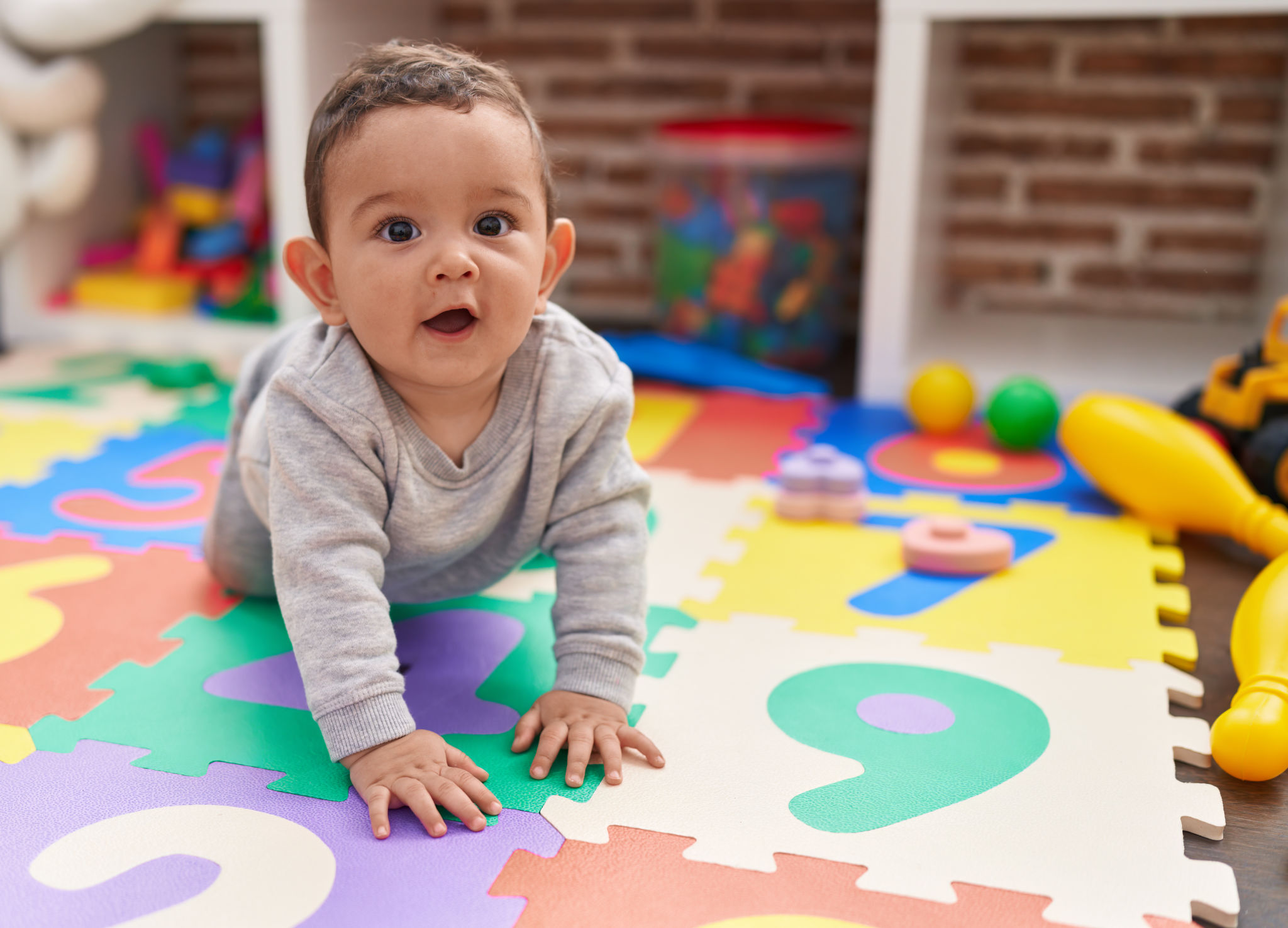The Role of Play in Enhancing Baby Development: Insights from Duygu Pekel
The Importance of Play in Baby Development
Play is a fundamental aspect of a baby's development, influencing various areas such as cognitive growth, physical coordination, and emotional well-being. According to insights from Duygu Pekel, an expert in child development, engaging in play is not just an activity—it is a critical component of learning and development for infants.
From the moment they are born, babies are eager to explore the world around them. Through play, they gain a better understanding of their environment and learn essential skills that are crucial for their development. Parents and caregivers play a vital role in facilitating this exploration by providing a safe and stimulating environment.

Cognitive Development Through Play
Play significantly contributes to the cognitive development of babies. Through various types of play, such as sensory play, problem-solving activities, and imaginative games, infants develop critical thinking and reasoning abilities. Duygu Pekel emphasizes that even simple games like peek-a-boo can enhance a baby's understanding of object permanence—a fundamental cognitive milestone.
Moreover, play encourages language development. As babies interact with their environment and caregivers during play, they are exposed to new words and sounds, which helps expand their vocabulary and improve communication skills. Engaging in pretend play can further stimulate imagination and storytelling abilities.
Physical Growth and Coordination
Physical play is essential for developing motor skills in babies. Activities that involve reaching, grasping, crawling, and walking help strengthen muscles and improve coordination. Duygu Pekel notes that providing toys that encourage movement, such as balls or push-pull toys, can motivate infants to explore their physical capabilities.

Furthermore, outdoor play offers additional benefits by giving babies ample space to move freely and interact with natural elements. This exposure not only enhances physical strength but also helps in developing spatial awareness and balance.
Emotional and Social Development
Playtime is also crucial for emotional and social growth. Through interactive play, babies learn to express emotions, develop empathy, and build relationships with others. Duygu Pekel highlights the importance of group play or playdates, where babies can engage with peers and practice social skills like sharing and cooperation.
Playing with caregivers also strengthens the bond between them and the baby, fostering a sense of security and trust. Such interactions provide opportunities for positive reinforcement and emotional support, which are vital for a child's emotional health.

Types of Play and Their Benefits
There are various types of play that cater to different aspects of development. Some beneficial forms include:
- Sensory Play: Stimulates senses through textures, sounds, and colors.
- Constructive Play: Involves building or creating, enhancing problem-solving skills.
- Physical Play: Encourages movement and motor skill development.
- Dramatic Play: Fosters creativity and imagination through role-playing.
Creating a Playful Environment
According to Duygu Pekel, creating a playful environment is key to maximizing the benefits of play. This means providing a variety of age-appropriate toys that challenge the baby's abilities while ensuring safety. Rotating toys regularly can also keep the baby's interest alive and encourage exploration.
Finally, it's essential for parents to actively participate in playtime activities. By doing so, they can guide their baby through learning experiences while building a strong emotional connection. This involvement not only supports the baby's development but also strengthens family bonds.